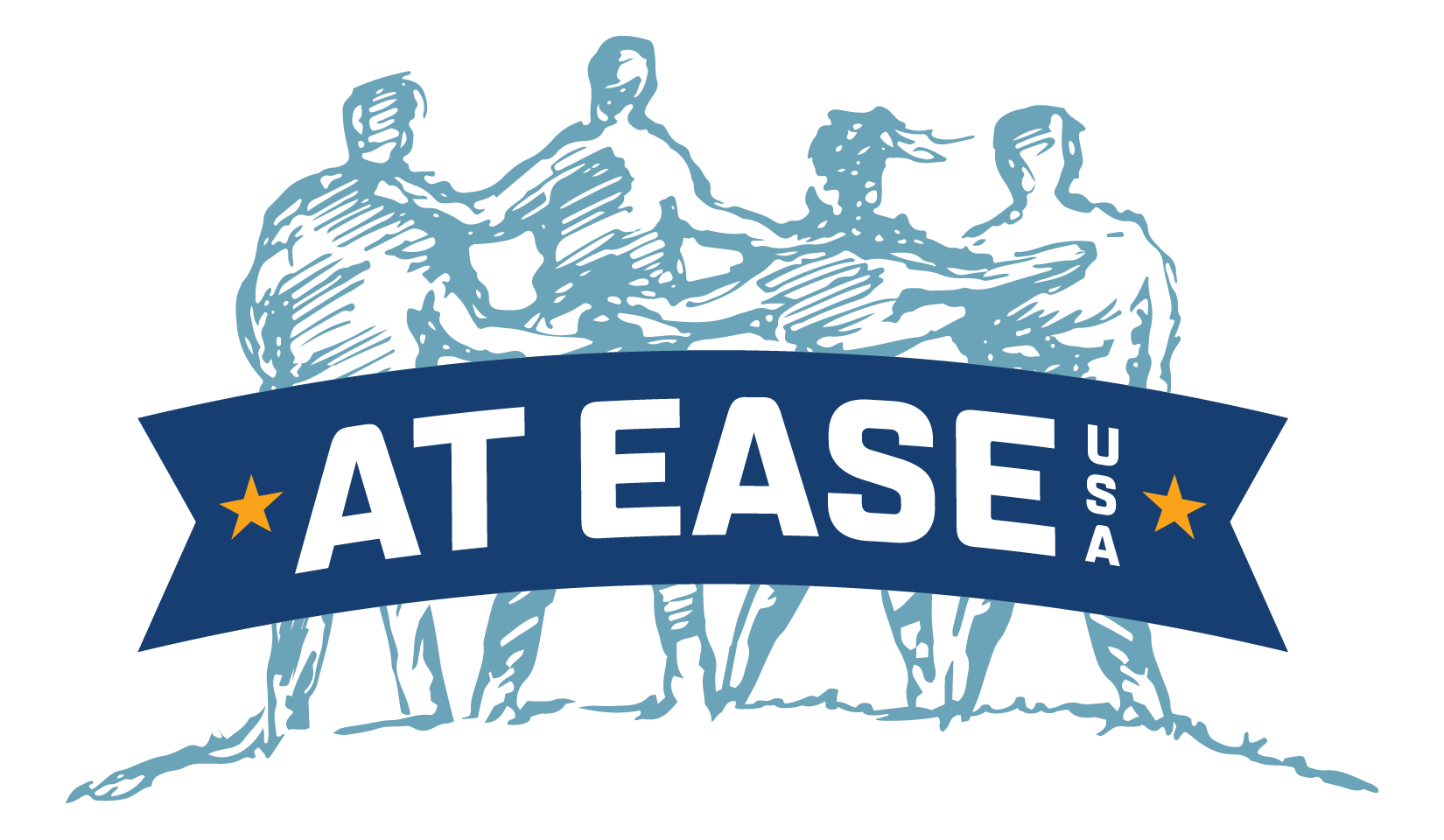Perceived Ability To Cope With Trauma Among U.s. Combat Veterans
Abstract:
The Perceived Ability to Cope With Trauma (PACT) scale measures perceived forward-focused and trauma-focused coping. This measure may also have significant utility measuring positive adaption to life-threatening trauma, such as combat. Our objective was to examine perceived ability to cope with trauma, as measured by the PACT, and the relationships between this perceived ability and clinically pertinent information (anxiety, depression, posttraumatic stress disorder [PTSD]) among U.S. military veterans. Data were provided from 71 combat veterans, consisting of 47 veterans with PTSD and 24 veterans without PTSD who had subthreshold symptoms of the disorder. All veterans completed standardized clinical interviews as well as a battery of well-validated self-report symptom measures. We found that veterans with PTSD had significantly lower PACT scores than veterans without PTSD; those without PTSD self-reported more ability to engage in forward-focused and trauma-focused coping than those with PTSD. Importantly, we also showed relationships between the PACT scores and indices of psychological difficulties as both Forward Focus and Trauma Focus coping scores negatively correlated with PTSD, depression, anxiety, and alexithymia. Finally, the Forward Focus PACT scale improved prediction of PTSD severity over combat exposure alone. The PACT, especially the Forward Focus scale, appears to be a useful measure of perceived positive coping ability with trauma in combat-exposed veterans who report symptoms of traumatic stress, extending the utility of the measure from normative to clinical populations. The importance of adopting forward-focused coping is discussed. (PsycINFO Database Record (c) 2016 APA, all rights reserved)
Published:
Study Ongoing
American Psychological Association
